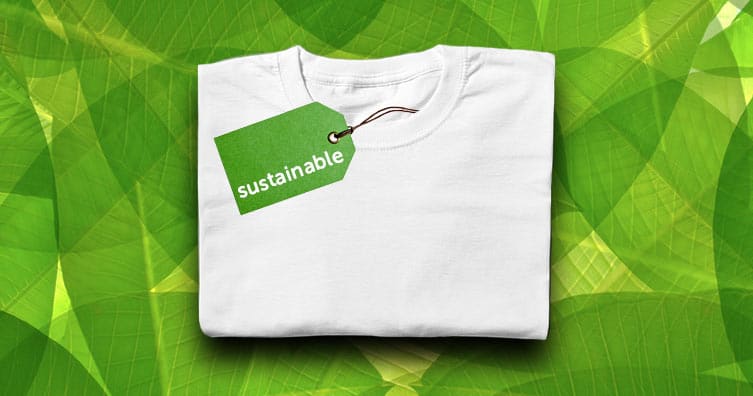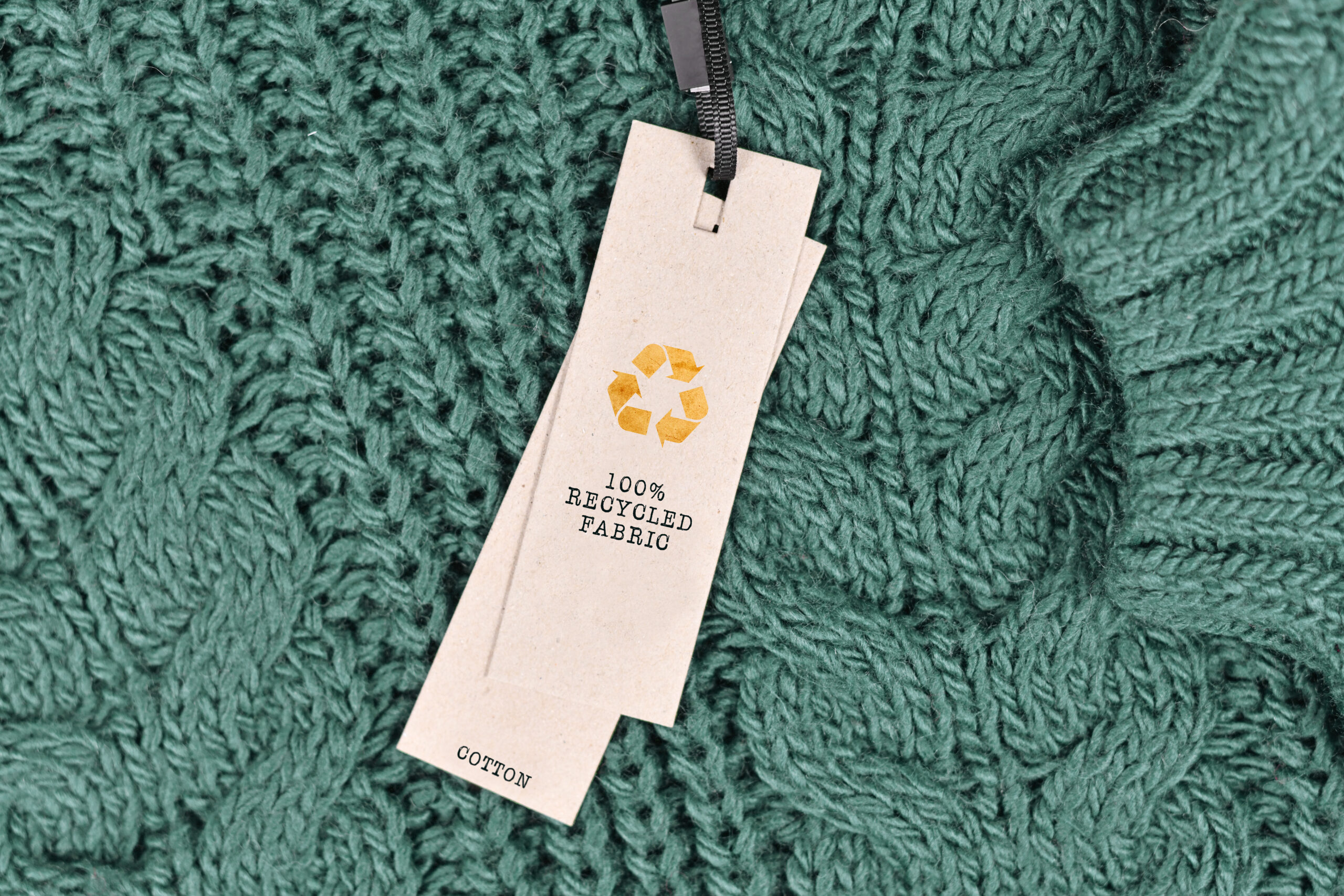Keep Ahead of the Contour by Discovering Cutting-edge Style Patterns
In a market as vibrant as fashion, remaining ahead involves even more than just following existing trends-- it requires an exploration of technology. The convergence of modern technology and fashion declares a new period of consumer engagement.

Embracing Smart Textiles
In the last few years, the garment industry has seen a transformative shift with the combination of wise textiles, a sophisticated development that blends innovation with material. This development stands for not just a blend of looks and capability but also a significant leap towards sustainability and personalization in fashion. Smart textiles, likewise referred to as e-textiles, embed sophisticated electronics such as sensors and conductive threads within the fabric, enabling garments to connect with the environment or the wearer.
These textiles are designed to monitor physical criteria, such as heart price or body temperature level, supplying real-time health and wellness analytics. Beyond health applications, smart fabrics are additionally being used for flexible garments, which can alter color or pattern in response to ecological stimulations, therefore providing a dynamic style experience.
In addition, the development of energy-harvesting textiles that produce power from movement or sunshine is leading the way for self-sufficient wearable technology. This technology is appealing to eco aware customers and designers intending to minimize the ecological impact of fashion. As r & d in this area development, wise fabrics are anticipated to become significantly common, improving the landscape of contemporary fashion with their multifunctional capacities.
The Increase of 3D Printing
Transforming the production landscape, 3D printing has arised as a game-changer in the garment industry. This innovative technology has actually enabled developers to push the limits of creativity, creating intricate and tailored garments that were previously unimaginable. By leveraging electronic layout and additive manufacturing, 3D printing facilitates the production of complicated geometries and patterns, permitting designers to trying out new structures and frameworks.
A noteworthy benefit of 3D printing in vogue is its capability to generate on-demand, lessening waste and lowering stock needs. This performance not just optimizes production procedures yet also permits quick prototyping, enabling developers to bring their visions to life in a shorter timeframe. Moreover, 3D printing sustains customization somewhat unequaled by typical methods, providing individualized fits and one-of-a-kind designs customized to individual consumer preferences.
The rise of 3D printing has likewise equalized style, making it obtainable to arising developers that can currently make top quality pieces without considerable economic investment in typical production framework. As modern technology proceeds to advance, the apparel industry is poised to harness the full capacity of 3D printing, checking out new materials and techniques that will unquestionably redefine exactly how style is developed and generated.
Lasting Fashion Advancements
As the style market grapples with journalism need for ecological obligation, sustainable style innovations have actually arised at the leading edge of transformative modification. The growing recognition of eco-friendly effect has sustained a change towards even more eco-conscious practices and products. Developers and brands are currently focusing on sustainability, including techniques that decrease waste and decrease carbon impacts.
One significant development is the rise of round style, which stresses recycling and upcycling to extend the lifecycle of garments. This method not just reduces waste yet also motivates customers to take on a more mindful technique to apparel intake.
Another breakthrough depends on the fostering of innovative dyeing strategies that utilize waterless processes or natural dyes, consequently minimizing the substantial amounts next of water and chemicals generally utilized in fabric dyeing. Additionally, advancements in biotechnology have resulted in the production of lab-grown natural leather and fabrics, providing cruelty-free and eco-friendly alternatives to traditional materials. With these introducing initiatives, the fashion business is making significant strides in the direction of a much more lasting future.

Tech-Integrated Garments
Tech-integrated clothing represents an innovative fusion of style and innovation, reshaping just how people communicate with their clothing. This innovative domain is noted by the addition of smart fabrics and embedded electronic elements, enhancing both capability and visual charm. From physical fitness trackers installed in sports apparel to heated coats controlled through smartphone applications, tech-integrated clothing supplies consumers unprecedented comfort and adaptability.
Introducing brand names are driving this fad, focusing on producing garments that react to ecological stimulations or individual commands. As an example, some garments can alter color or pattern in reaction to temperature shifts, while others integrate biometric sensors to keep an eye on health metrics like heart rate or anxiety levels. The seamless integration of modern technology right into fabrics likewise reaches environmental sustainability, with initiatives to create self-cleaning materials or garments that get used to weather, thus reducing the need for numerous layers.
In addition, the development of wearable innovation is not just restricted to garments however includes accessories like watches and eyewear, more expanding the scope of tech-integrated style. As the market continues to introduce, the potential for customization and customization in clothing grows, supplying consumers unique, tech-enhanced style experiences that satisfy their individual demands and preferences.
Future of Virtual Style
In recent times, the future of digital fashion has actually become a transformative pressure within the market, leveraging improvements in digital modern technology to redefine exactly how style is produced, experienced, and eaten. By integrating increased reality (AR), digital reality (VIRTUAL REALITY), and 3D design devices, designers can currently craft immersive and interactive experiences that transcend typical fashion borders. Virtual fashion permits the production of garments that exist exclusively in electronic atmospheres, supplying limitless opportunities for innovation without the constraints of physical production.
This electronic change not only provides possibilities for creative expression however additionally addresses sustainability worries inherent in conventional style techniques. Cape Town Sustainable Fashion. By eliminating the requirement for physical sources, digital fashion decreases waste and lessens carbon footprints. Additionally, the increase of online style straightens with the increasing consumer demand for special and personalized experiences, as digital garments can be tailored and customized to specific you can check here preferences easily

Conclusion
The fashion business's future hinge on the integration of cutting-edge innovations and sustainable techniques - Cape Town Sustainable Fashion. Smart textiles read this article and tech-integrated clothing are enhancing functionality, while 3D printing supplies possibilities for modification and waste decrease. Sustainable fashion, via green materials and circular techniques, shows a dedication to environmental stewardship. Additionally, digital fashion is poised to redefine consumer communications. Adapting to these fads is crucial for brand names looking for to stay pertinent and affordable in this swiftly evolving landscape.
In current years, the fashion sector has observed a transformative shift with the combination of smart textiles, an advanced innovation that mixes technology with material.As the style industry grapples with the pressing requirement for environmental duty, lasting style innovations have actually emerged at the forefront of transformative change.In current years, the future of virtual style has emerged as a transformative pressure within the market, leveraging developments in electronic modern technology to redefine how fashion is produced, experienced, and consumed. The rise of online style lines up with the raising customer need for unique and tailored experiences, as virtual garments can be tailored and tailored to individual choices with simplicity.
The fashion market's future lies in the assimilation of sustainable practices and innovative innovations.